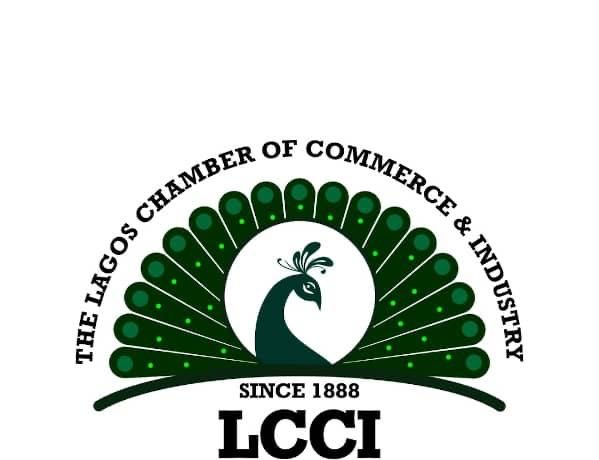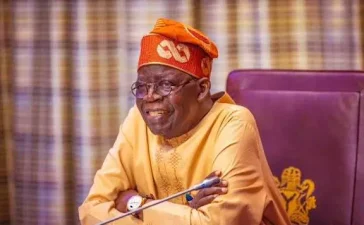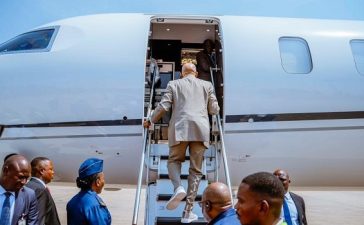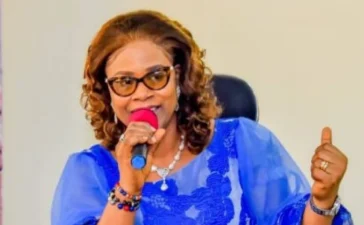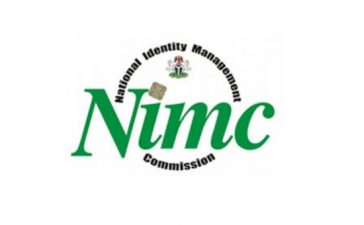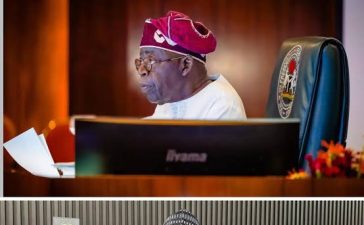The Federal Government’s proposal to borrow $2.2 billion externally has sparked concern within the business community.
The Lagos Chamber of Commerce and Industry (LCCI) has expressed concerns about the country’s weak economic fundamentals.
With Nigeria’s debt-to-GDP ratio above 50%, debt servicing is set to surpass capital expenditure in 2025. The country also owes around $17 billion and is the third-highest debtor to the International Development Agency (IDA).
According Dr. Chinyere Almona, FCA in a press statement, Director General of the Lagos Chamber of Commerce and Industry (LCCI), the Chamber had advised against relying solely on debt to finance budget deficits.
She highlights the risks to infrastructure development explaining that debt servicing may crowd out capital projects.
“Additionally, external debt exposes Nigeria to foreign currency risks, especially as the Naira faces depreciation.
“Despite the Central Bank’s efforts, there is no significant improvement in the foreign exchange market.
“The Chamber has made several recommendations to address these challenges. First, it calls for transparency in using borrowed funds, prioritizing critical infrastructure like electricity, food production, and manufacturing.
“Also, the LCCI urged the government to focus on increasing non-oil revenue through tax reforms and promoting export-driven sectors.
There is also an urgent need to stabilize the Naira and reform the foreign exchange market to mitigate the effects of external borrowing.
“Lastly, the LCCI advocates for greater reliance on Public-Private Partnerships (PPPs) to ease the pressure on public debt.
“The Chamber urges the government and National Assembly to evaluate the long-term implications of borrowing and adopt fiscal prudence.

